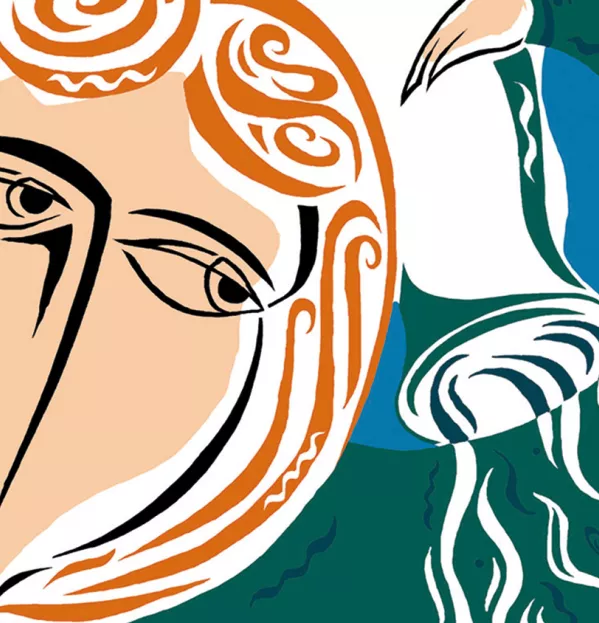I’m an Aquarius. In woo-woo speak, that apparently makes me frank, imaginative and individual. I’m also an ENTP (extroverted, intuitive, thinking, perceiving) personality type, in Myers-Briggs language: I love ideas, debate, and I’m an independent thinker.
According to horoscope.com, I’m in the wrong job: I should be a weatherperson or a rocket scientist. As for Myers-Briggs, apparently my personality is more suited to being a stockbroker or a relationship manager.
My colleagues, on the other hand, would probably describe me as impulsive, relentless and a complete pain in the arse who would be suited to being anywhere but in an office with them.
Personality testing is a big business worth billions of pounds. Numerous firms do it to hire, to build teams and to identify people for promotion. And it’s not just big business taking it seriously - schools could be getting in on the act, too. Research suggests that certain personality traits make people more suitable for teaching. Recruit people with those, so the thinking goes, and we’ll have fewer teachers leaving the profession, as well as improved pupil attainment. Bingo. Job done.
Many teachers think of themselves “born to do it”; many more think the job is the most perfect fit for them. Most teachers will have been told at some point that “You’re such a teacher” - usually when they have given a total stranger a good dressing down or when a tsunami of empty yogurt pots has fallen out of their boot.
But is that something they’ve learned, or is there really such a thing as a teacher personality - a set of traits that make someone suited to the job of teaching, that make them fall in love with it?
Education is a team game
In our cover feature, psychologist Marc Smith looks at the research to see if that is a plausible - or accurate - notion. The indication is that many academics think there might be such a thing as a teacher personality type. If there is, is it fixed to the situation and does it build over time? How many teachers are confident and have complete command of a class of 30 young people, yet turn to jelly when asked to address 30 adults? How many display the same traits in their thirties and forties as they did in their twenties?
And while it may well be true that certain characteristics make you a more effective, or happier, teacher, surely trying to select teachers based on those skills makes little sense. Building a team around them even less so. According to the statistics, Cristiano Ronaldo was the best footballer in the Real Madrid team, if not the world, and most believe he will continue to be top at Juventus. But a manager who put together a whole squad of players like him would be on to a loser. The same goes for headteachers. They need to build a team of highly skilled teachers in different positions: the pastoral team, special education needs team, teaching and learning team. Are they all going to have the same personality traits? Undoubtedly not.
Building a team of effective teachers requires a definition of what effective means; good results, happy kids, happy parents, support when it is needed, excellent pastoral care, a socially vibrant environment, soft skills, hard skills, knowledge - the same traits are unlikely to be applicable across the board.
Schools are unlike any other workplace. They are diverse places with diverse needs. Importantly, they are dealing with an ever-changing population that’s often changing quickly at individual level, too.
Your pupils - a group of disparate little humans - are going to respond better to different traits, depending on the situation and their own personalities. Some will want - or need - the gruff, strong teacher; others, the softly spoken, sensitive one who puts an arm around their shoulder.
It’s very tempting to try to find a test that identifies people who will fit and will stick at teaching. But for the moment, until the science matures, you’ll probably find out just as much by asking them for their star sign.
@AnnMroz

